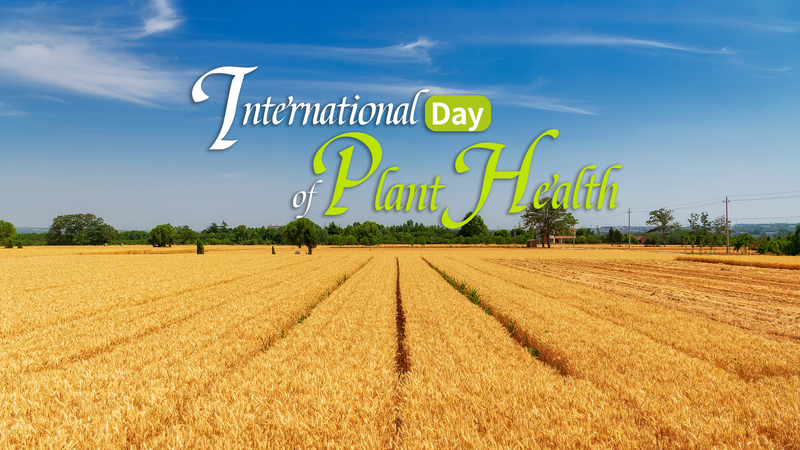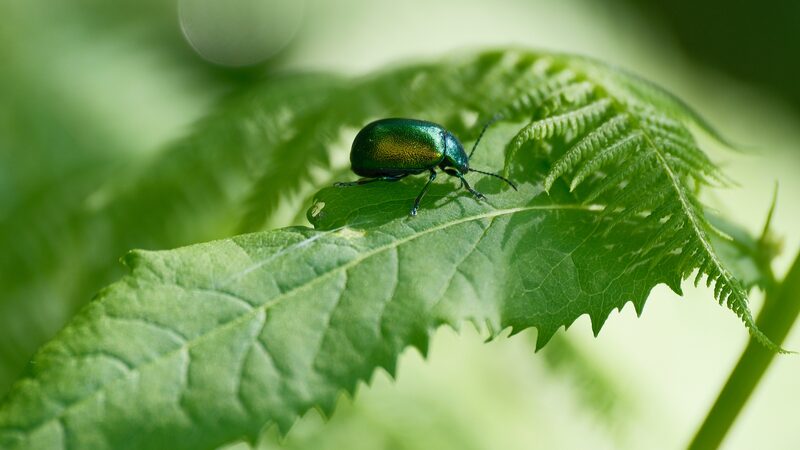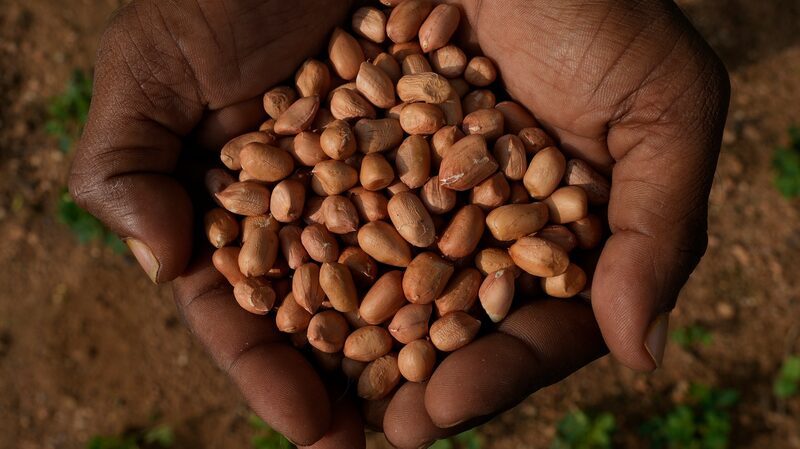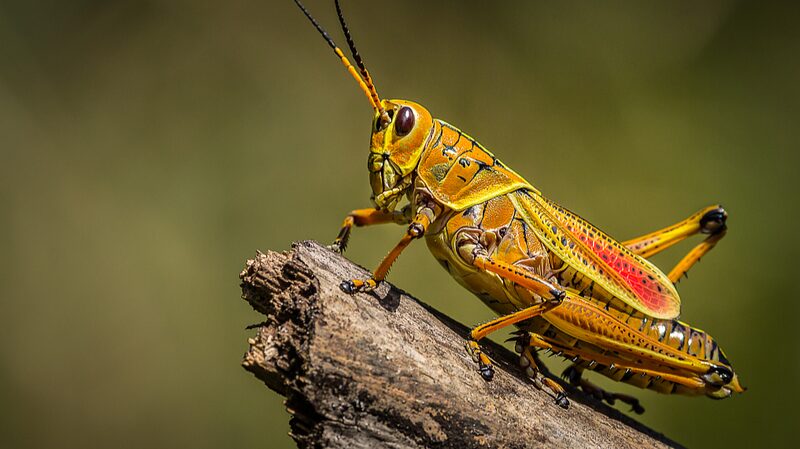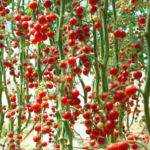Marking the International Day of Plant Health on May 12, the United Nations has renewed calls to address one of humanity's most pressing yet overlooked challenges: safeguarding plants from pests and diseases. According to UN Food and Agriculture Organization (FAO) data, up to 40% of global crop yields vanish annually due to plant health threats, endangering food systems, economies, and environmental stability.
“Healthy plants form the foundation for all life on Earth,” said a FAO representative in a recent statement. “When crops fail, families lose incomes, biodiversity weakens, and entire communities become more vulnerable to climate shocks.”
Asia, a global agricultural powerhouse, faces heightened risks. Staple crops like rice and wheat – critical for regional food security – are increasingly jeopardized by invasive pests and shifting weather patterns. Experts warn that unchecked plant diseases could deepen poverty cycles and accelerate ecosystem degradation.
The FAO emphasizes collaborative solutions: boosting biosecurity measures, investing in climate-resilient crops, and promoting sustainable farming practices. For businesses, this signals opportunities in agritech innovation, while travelers are urged to avoid transporting plant materials across borders to prevent pest transmission.
As climate change intensifies, protecting plant health is no longer a niche concern – it's a shared responsibility for governments, industries, and individuals alike.
Reference(s):
cgtn.com
